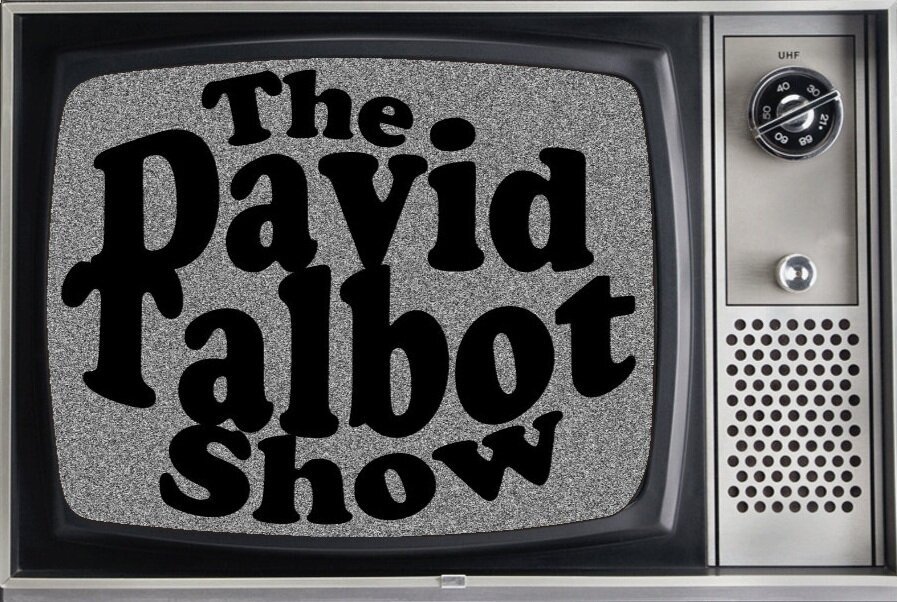Reader Beware
Once upon a time, Rolling Stone was the voice of its generation. Sure, founder Jann Wenner got lots of shit from radicals who thought he had sold out. He did. He became a millionaire off the counterculture's music. But Wenner was also kind of one of us. In the early years, Rolling Stone covered traumatic events like the violent Altamont concert, the Patty Hearst kidnapping and Watergate, as well as the deep thoughts of musical icons like John Lennon and Bob Dylan and Pete Townshend. Wenner published writers like Hunter Thompson, Joe Eszterhas, Richard Goodwin and Tom Hayden. He made photographer Annie Leibovitz a star. Rolling Stone, for all its creeping commercialism, was important.
That’s why I was honored when Jann Wenner agreed to serve on my board at Salon. By then, he had moved RS to New York, but Salon had the feisty, early spirit of the San Francisco-era Rolling Stone.
One afternoon in the early 2000s, I was meeting with Wenner in his sunny New York office on Manhattan’s Fifth Avenue, when he wheeled around to the computer on his desk and said, “I’ve got to come up with a headline for this article by Bobby Kennedy.” RFK Jr. – one of the country’s leading environmental lawyers at the time – had written a scathing essay for the magazine about how polluters and other corporations had captured Washington’s regulatory system, the network of federal agencies that are supposed to protect the American worker and consumer.
“Call it ‘Crimes Against Nature,’” I suggested. And that became not only the title of Kennedy’s story, but also his 2005 book.
As I said, Rolling Stone used to be important. But no more. In 2017, an aging Wenner finally cashed out and sold his media creation to Jay Penske, son of billionaire Roger Penske, the former racecar driver who built a transportation empire. The young Penske added Rolling Stone to his fledgling media empire – formerly prosperous brands that were now distressed, like Variety, Hollywood Reporter and even the once alternative SXSW festival in Austin. The overnight media mogul was suddenly hailed as “the Rupert Murdoch of the entertainment world.”
Did Jay Penske turn to his rich daddy to crown himself king of the entertainment media? No, Penske went to hedge fund billionaire Dan Loeb, a financial backer of the charter school movement, conservative Democrats like New York Mayor Eric Adams and some Republican politicians too. In other words, public officials who advance Loeb’s corporatist agenda.
Penske also took blood money from Saudi Arabia’s royalty.
That’s how he built a media empire that includes Rolling Stone.
Instead of advancing alternative viewpoints, Penske has given the CIA a platform at the annual SXSW conference to recruit young techies and hungry artists.
That’s what the Rupert Murdoch of entertainment media stands for.
And instead of featuring Robert Kennedy Jr. as a regular contributor, as Jann Wenner’s Rolling Stone used to, Penske now uses the magazine to smear RFK Jr.
As for Salon, the online publication I founded in 1995, it too has fallen into sketchy hands. Salon now regularly attacks RFK Jr. when in my day we would’ve welcomed his presidential candidacy as one of the most important political insurgencies in many years. For the record, I don’t even know who owns Salon at this point. I never held the financial reins of the publication and I certainly didn’t profit handsomely from its sale as Wenner did with Rolling Stone.
RFK Jr. is reportedly using podcasts as his alternative media platform. Rising quicky in the polls to some 20% of Democratic voters, and boasting a favorability rating that beats Biden and Trump, whatever media strategy he’s pursuing seems to be working.
Whatever it is, Kennedy realizes that publications like Rolling Stone and Salon are no longer part of the solution – they’re part of the problem.
PS CIA officials did kill JFK. Somebody break it gently to Rolling Stone.
Entertainment media mogul Jay Penske

